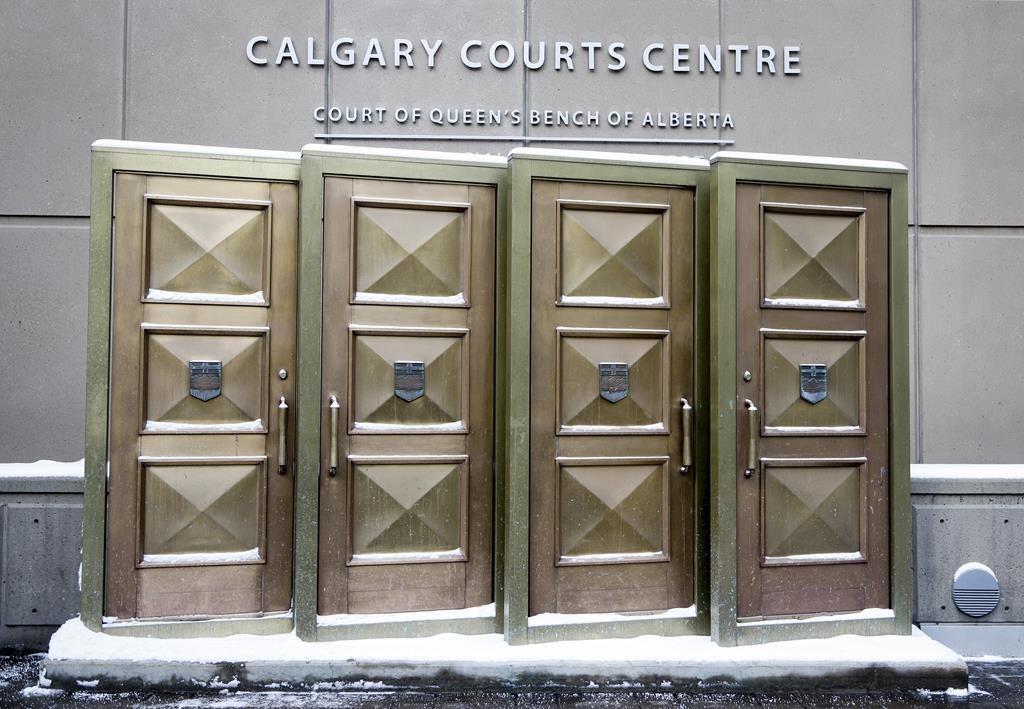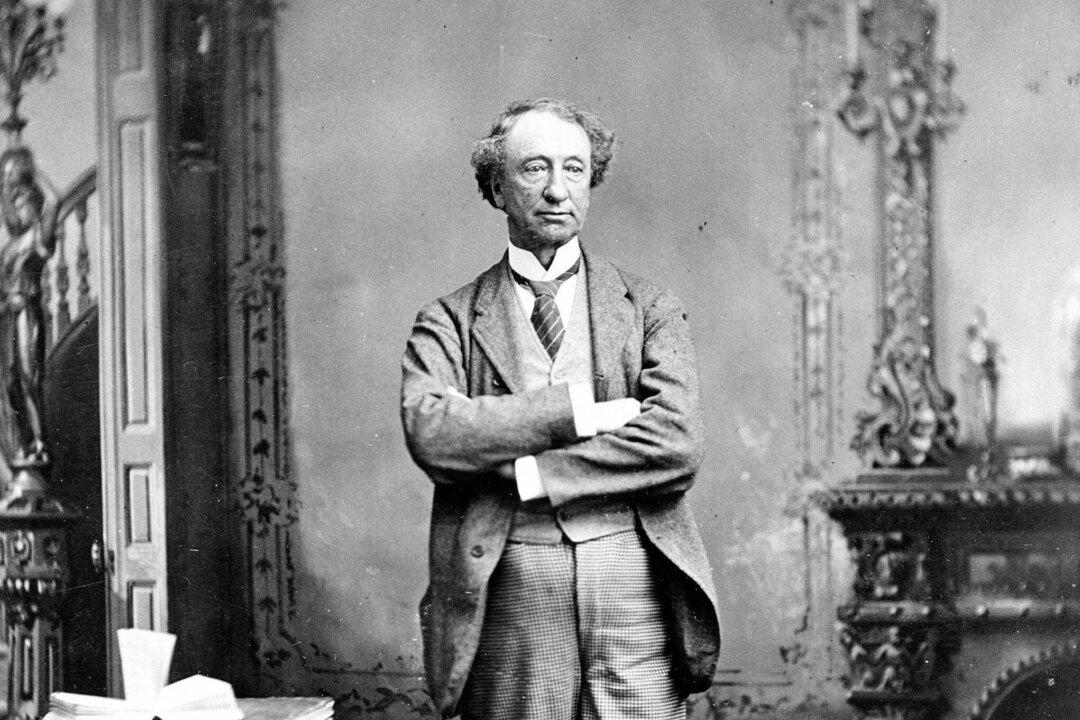A Calgary judge has rejected a motion to stop a 27-year-old autistic woman from undergoing medical assistance in dying (MAID), despite reports that she suffers from no physical illness and there is no documentation as to how she was approved for the procedure.
Justice Colin Feasby of Alberta’s Court of King’s Bench ruled that the woman, who is unnamed due to a publication ban, will be able to undergo MAID, rejecting an intervention by her father, who argued that the 27-year-old was not competent to make the choice to end her own life.





